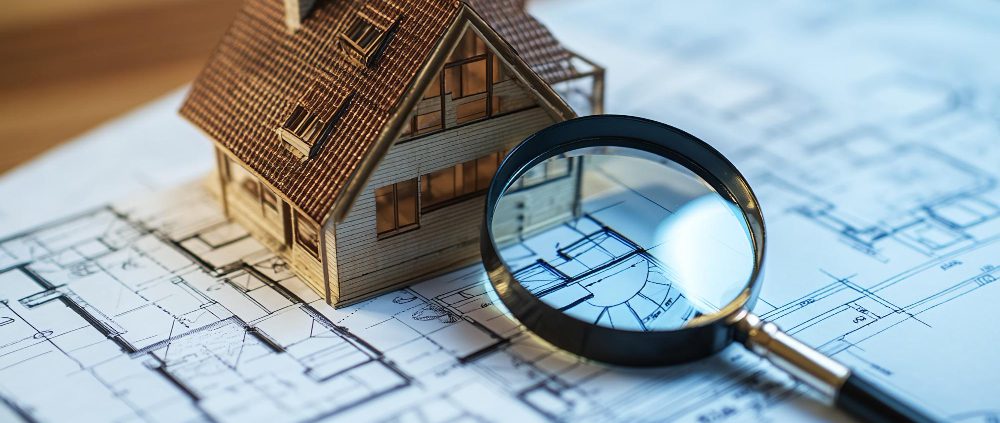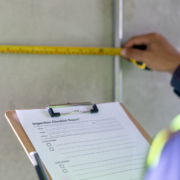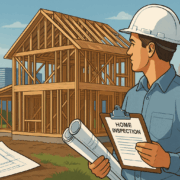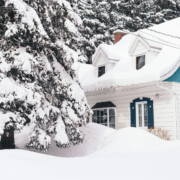Key Home Inspection Tips for First-Time Buyers
Key Home Inspection Tips for First-Time Buyers
1. Hire a Qualified Home Inspector
Choosing a qualified and experienced home inspector is critical. You want someone who knows what to look for and will give you an honest, thorough assessment.
2. Be Present for the Inspection
It’s highly recommended that you attend the home inspection, even if it’s not required. Being there allows you to:
- Ask questions: You can ask the inspector to explain their findings in real-time. If something is unclear, you can get immediate clarification.
- See issues firsthand: Photos in the report are helpful, but nothing beats seeing an issue for yourself. You can better understand the severity and location of problems.
- Learn about the house: Inspectors often provide tips on how to maintain the home and its systems. This information is invaluable for first-time homeowners.
3. Prepare a Checklist of Questions
Going into the inspection with a checklist ensures you don’t forget any important areas. Some things to ask the inspector about include:
- The roof: Are there any signs of leaks, missing shingles, or other damage?
- Foundation: Are there cracks or shifts that could signal structural issues?
- Plumbing: Is there any evidence of leaks or corrosion in pipes, and how is the water pressure?
- Electrical systems: Are the wiring and outlets safe and up to code?
- Heating and cooling systems: Are the furnace and air conditioning units functioning properly?
- Windows and doors: Do they open and close easily, and are there any signs of drafts?
4. Focus on Major Issues
During an inspection, it’s easy to get caught up in the small stuff, like chipped paint or a broken light switch. But what really matters are the major issues that could affect the home’s safety or require costly repairs. These include:
- Structural problems: Foundation cracks, sagging roofs, or uneven floors could be signs of serious structural damage.
- Electrical hazards: Outdated wiring, overloaded circuits, or improper grounding can pose fire risks.
- Plumbing concerns: Leaks, water pressure issues, or water damage can lead to mold or high repair costs.
- Pest infestations: Termites or other pests can cause extensive damage to the home’s structure if not dealt with.
Cosmetic issues are easy to fix and should not be deal-breakers, but major issues could require further negotiations or even reconsidering the purchase.
5. Get a Specialized Inspection if Necessary
While general home inspectors are knowledgeable about many aspects of a home, some areas may require a more specialized inspection. Depending on the home’s age, location, and condition, you might want to consider:
- Radon inspection: Radon is a radioactive gas that can seep into homes, especially in certain regions. Testing is relatively inexpensive and can prevent health risks.
- Mold inspection: If the inspector suspects water damage or high humidity, it might be worth testing for mold to avoid long-term health issues.
- Pest inspection: If there are signs of termites, carpenter ants, or other pests, a separate pest inspection can help assess the extent of the problem.
6. Read the Inspection Report Thoroughly
After the inspection, you’ll receive a detailed report with the inspector’s findings, often including photos and recommendations. It’s essential to review this report carefully. Look for:
- Summary of major issues: Most reports will list significant concerns at the beginning. These are the issues that may require attention before moving forward.
- Minor issues: Many small problems will likely show up in the report. While you don’t need to worry about every detail, it’s good to be aware of any minor repairs you may want to tackle after moving in.
- Recommended repairs: The inspector might suggest specific repairs or further evaluation from a specialist.










Leave a Reply
Want to join the discussion?Feel free to contribute!